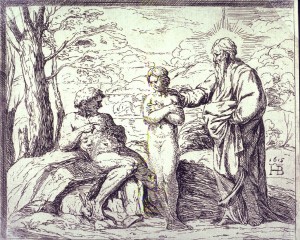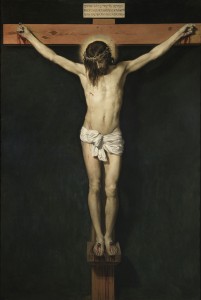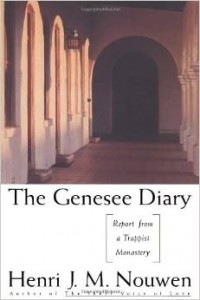There is an unsettledness that comes after we sin. If our hearts are most at home or we are most human when we are seeking God and responding to God’s calling, then it would follow that when we turn our back on Him we would feel uncomfortable and disjointed.
Once we have encountered and connected to God via the Gospel and the sealing by the Holy Spirit, we begin a journey of becoming whole, complete and at peace. Life begins to make sense in a way that it never had previously. So, when we wander and look for life in the created world rather than from the Source and Creator, our new roots are disturbed and we are shaken. Is my world going to crumble? We may ask ourselves why we are not feeling secure. We consider if we should return to the patterns of survival we had chosen in the past. Evil and our old patterns of survival and shame would call to us to avoid contact and conversation with Perfection – the One we had betrayed.
Yet, the Holy Spirit reminds us that chaos will ensue if we wander. Our restored home is with the Creator and Savior and we are an unmoored boat without a slip without God.

And the Spirit also calls to us saying that forgiveness is our “re-birth right” given to us through the crucifixion of Jesus. Repentance can be fast if we are willing to open our hearts to God and confess our weakness. We live in a fast-paced society and if we are un-hinged, we lose connection with our purpose and focus. The lack of focus and direction gives rise to a treacherous momentum toward confusion and hopelessness. So, restoring our relationship and re-focusing our hearts is critical to our survival.
I refer you to my post on Fast Repentance (coming soon) for help in restoring your relationship with Jesus.

 od. We live because of God’s actions. This changes the question from, “how do I live for the glory of God?” to “how do I live who I am and who I was created as?”
od. We live because of God’s actions. This changes the question from, “how do I live for the glory of God?” to “how do I live who I am and who I was created as?”
